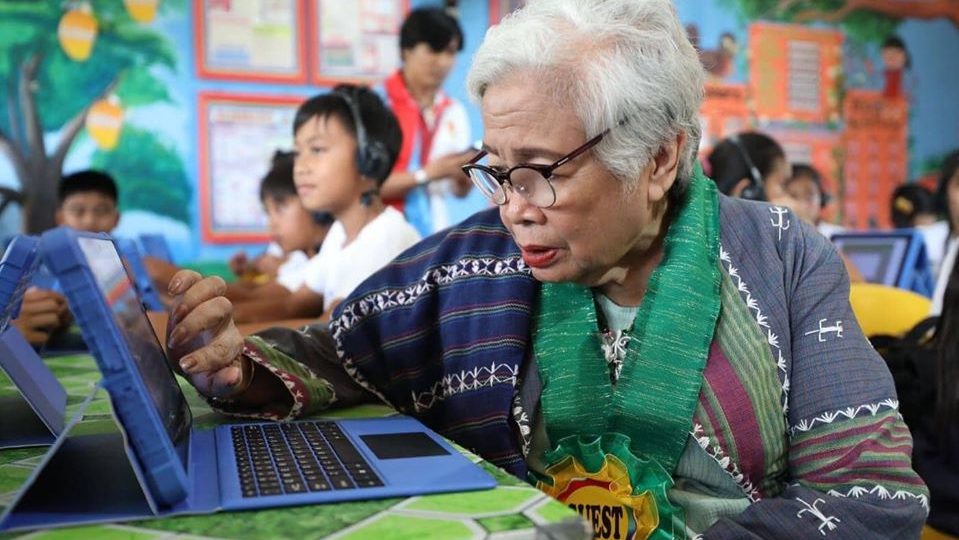The Department of Education has once again deferred the opening of classes, this time to October as Filipino teachers and students continue to face challenges posed by blended learning.
Read: PH school year may resume in June, but ‘face-to-face’ learning to start August
In a statement today, Education Secretary Leonor Briones said that President Rodrigo Duterte has approved her department’s proposal to move the opening of classes to Oct. 5. She added that this would give the government more time to prepare schools in areas under the modified enhanced community quarantine (MECQ): Metro Manila, Bulacan, Rizal, Cavite, and Laguna.
“We shall use the deferment to provide relief to the logistical limitations faced by the areas placed under MECQ and to fill in the remaining gaps of the school opening that we are currently addressing,” Briones said.
“Areas outside MECQ are directed to continue their orientations, dry runs, and delivery of learning resources so that we will be ready for the opening of classes on October 5,” she added.
Read: No face-to-face learning until COVID-19 vax is available, says Education Secretary
Briones’ announcement is just the latest in the long-drawn-out saga of the reopening of classes in the country. Duterte has said multiple times that he does not want students to go back to school until a COVID-19 vaccine becomes available but later backtracked when blended learning — a method where education is delivered through the combination of various media — was proposed by Briones. Everything seemed to be fine until Duterte changed his tune again in July’s State of the Nation Address, where he said that he will not put the lives of teachers and students in danger by allowing them to go back to school.
Critics have said that blended learning is out of reach for most underprivileged families who cannot pay for gadgets or reliable internet connection. Students have had to rely on crowdsourcing to save money so they could purchase the necessary technologies, which explains why many were aghast when the Bureau of Customs publicly destroyed thousands of gadgets seized from inmates of the New Bilibid Prisons yesterday.




